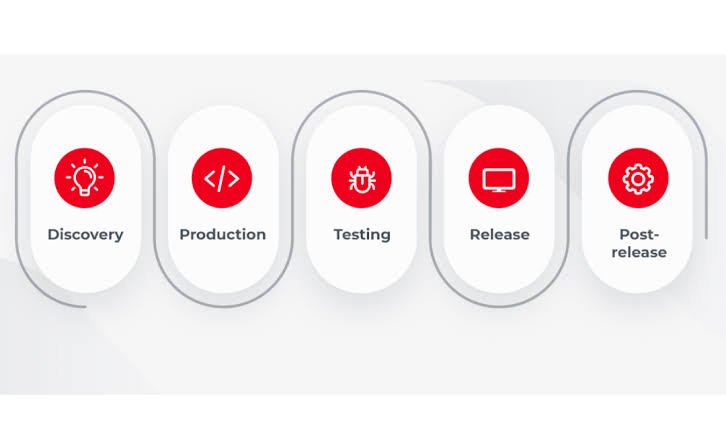Embarking on a path in game development is an exciting journey filled with creativity, technical challenges, and opportunities for growth. Here’s a rough roadmap to guide you through:

- Define Your Goals: Determine what aspect of game development interests you the most. Are you drawn to design, programming, art, storytelling, or something else? Understanding your interests will help you focus your efforts.
- Learn the Basics: Familiarize yourself with the fundamental concepts of game development. This includes understanding game engines, programming languages, design principles, and art techniques. Online tutorials, books, and courses can be valuable resources.
- Choose a Game Engine: Select a game engine that suits your needs and skill level. Popular options include Unity, Unreal Engine, Godot, and GameMaker Studio. Each has its strengths and weaknesses, so do some research to find the best fit for your project.
- Start Small: Begin with simple projects to gain hands-on experience and build your skills. Start with basic tutorials and gradually work your way up to more complex games. Don’t be afraid to experiment and learn from your mistakes.
- Build a Portfolio: Create a portfolio showcasing your projects, skills, and accomplishments. This could include game demos, concept art, code samples, and design documents. A strong portfolio will help you stand out to potential employers or collaborators.
- Specialize: As you gain experience, consider specializing in a specific area of game development that aligns with your interests and strengths. Whether it’s programming, level design, character animation, or sound design, becoming an expert in a particular field can open up new opportunities.
- Collaborate: Work with others on collaborative projects to gain experience working as part of a team. Game development is often a collaborative effort involving designers, programmers, artists, writers, and musicians. Learning to communicate and collaborate effectively is essential.
- Stay Updated: Keep abreast of the latest developments in the industry, including new technologies, trends, and best practices. Follow game development blogs, forums, and social media channels to stay informed and inspired.
- Network: Attend game development events, conferences, and meetups to connect with other developers and industry professionals. Networking can lead to job opportunities, collaborations, and valuable mentorship.
- Never Stop Learning: Game development is a dynamic and constantly evolving field. Continuously seek out opportunities to learn new skills, tackle new challenges, and push the boundaries of your creativity.
Remember, game development requires patience, perseverance, and a willingness to learn from both successes and failures. Stay passionate about your projects, and don’t be afraid to dream big!
thank you
